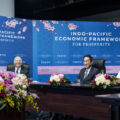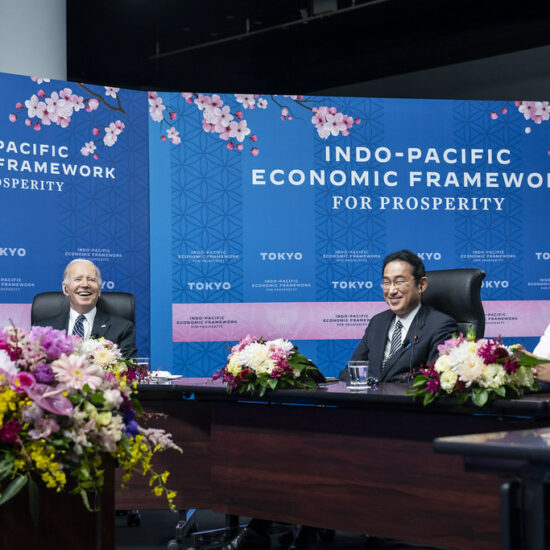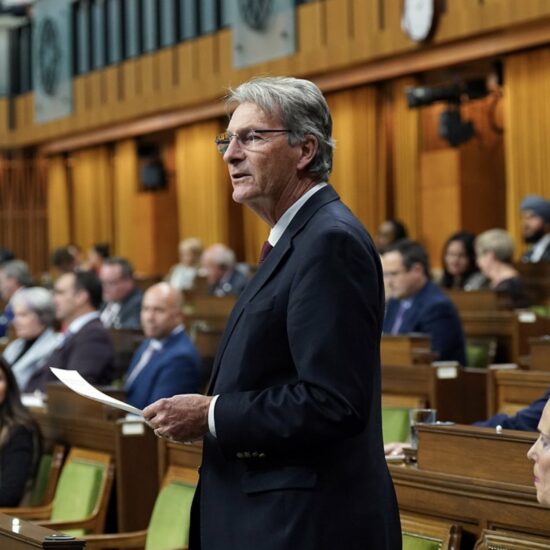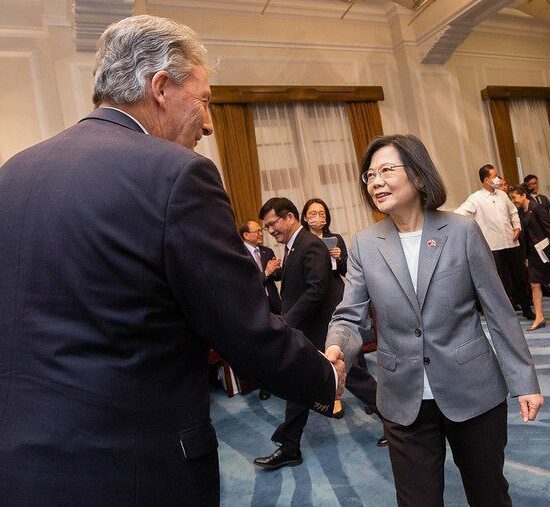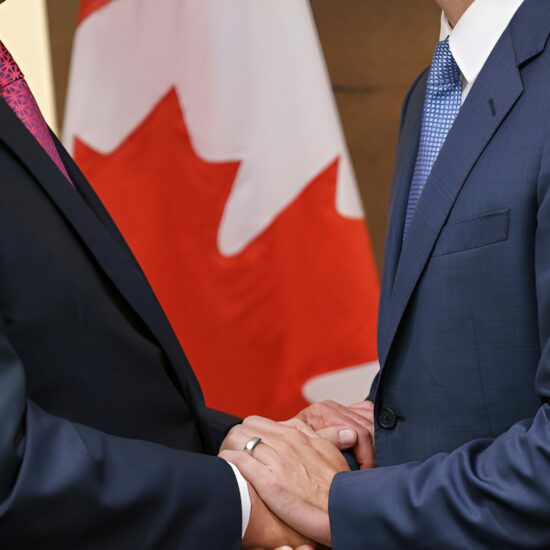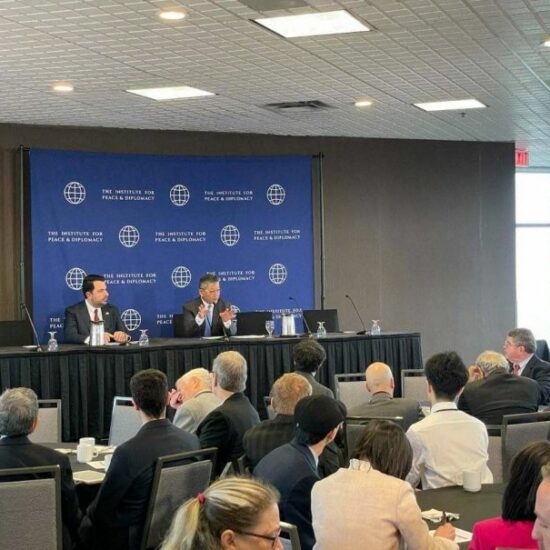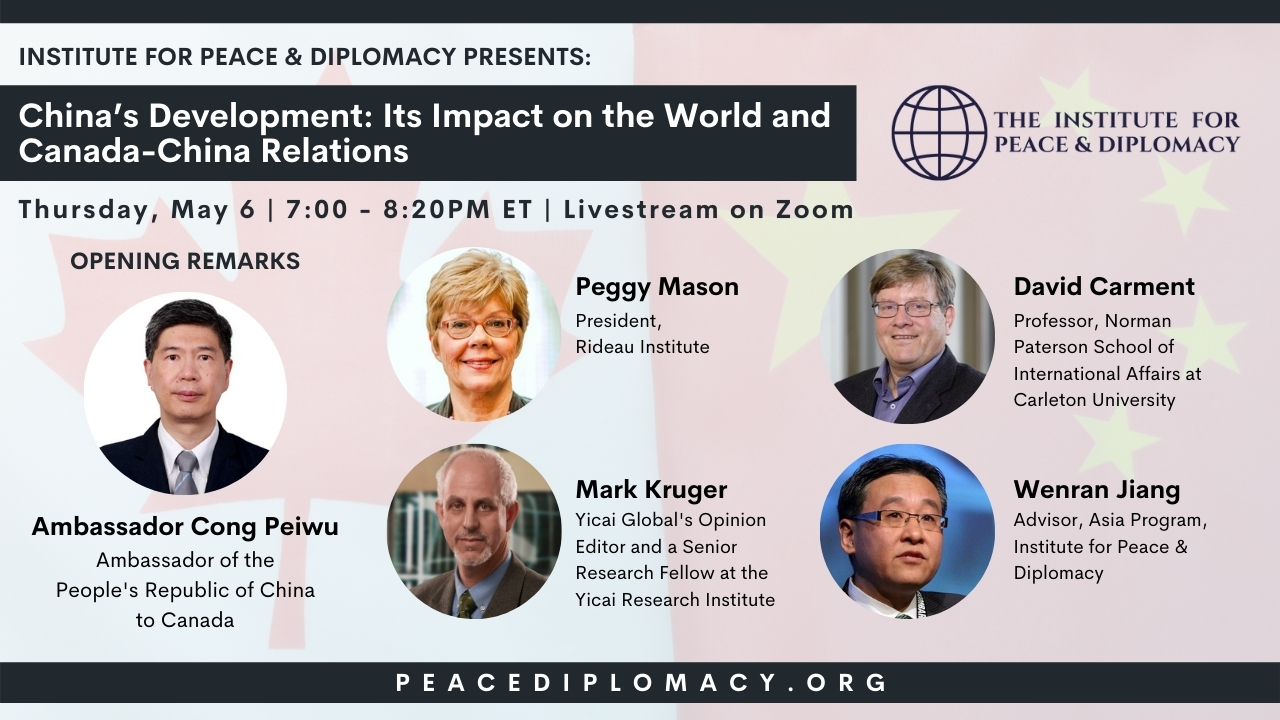
The Institute for Peace & Diplomacy (IPD) is pleased to announce our upcoming panel ‘China’s Development: Its Impact on the World and Canada-China Relations’. The discussion will take place on Thursday, May 6th, 7:00-8:20 PM ET and can be watched live on Zoom.
Canada and China relations continue to face challenges despite the fact that bilateral trade volume increased last year. Meng Wanzhou’s extradition proceeding is ongoing and the trials for the Two Michaels, Michael Kovrig and Michael Spavor, concluded last month and the verdict will be announced at an unspecified later date. The Canadian Parliament passed a resolution declaring China’s treatment of the Uyghurs as genocide, a characterization strongly denounced by Beijing. Ottawa and Beijing also imposed sanctions on each other over Xinjiang. At the same time, China concluded its annual Two Sessions in March, setting ambitious goals for the next five years and beyond. China also signed large trade and investment pacts with its neighbours and the EU, and has shipped its vaccines to several dozen countries. Despite pressure from the opposition and the recent Biden-Trudeau summit, the Liberal government remains a member of the Asian Infrastructure Investment Bank, and has not announced a decision on 5G and Huawei.
To discuss these and related issues, we are pleased to welcome His Excellency, Chinese Ambassador to Canada Cong Peiwu, to IPD’s ‘China Conversation Series.’ Following Ambassador Cong’s opening remarks, our four distinguished experts will provide their analysis about China’s development and Canada-China relations.
Agenda:
7:00-7:30 PM: Opening remarks by Ambassador Cong Peiwu, Chinese Ambassador to Canada and Q&A (Amb. Cong will respond to follow up questions from the moderator and the audience).
7:30-8:20 PM: Panel discussion: Dr. Wenran Jiang will moderate a discussion between panelists on a range of critical issues and facilitate questions from our live audience.
Registration is required to attend. Click here to reserve your spot for free.
Panelists
Peggy Mason, President of Rideau Institute
Peggy Mason’s career highlights diplomatic and specialist expertise in the field of international peace and security, with a particular emphasis on the United Nations, where she served as Canada’s Ambassador for Disarmament from 1989 to 1995. She is currently the president of the Rideau Institute. A graduate and gold medallist of the University of Ottawa Faculty of Common Law, Peggy Mason was inducted into its Honour Society in September 2003. In October of 2019 she was elected Vice-President of the prestigious Canadian Pugwash Group. She is also an Advisor to the Institute for the Peace & Diplomacy.
Professor David Carment, Carleton University’s Norman Paterson School of International Affairs
Professor David Carment is a series editor for Palgrave’s Canada and International Affairs, editor of Canadian Foreign Policy Journal and Fellow of the Canadian Global Affairs Institute. His research focuses on Canadian foreign policy, mediation and negotiation, fragile states and diaspora politics. His most recent books focus on diaspora cooperation, corruption in Canada, branding Canadian foreign policy and state fragility. In 2017, Professor Carment was a visiting scholar at the World Institute for Development Economics Research, Finland and in 2015 a Fellow at the Centre for Global Cooperation Research, Germany.
Mark Kruger, Yicai Global’s Opinion Editor and Senior fellow to the Yicai Research Institute
Mark Kruger is Yicai Global’s Opinion Editor and Senior fellow to the Yicai Research Institute. He is also a Senior Fellow at both the University of Alberta’s China Institute and the Centre for International Governance Innovation. Mark was formerly a Senior Policy Director in the Bank of Canada’s International Department, a Senior Advisor to the Canadian Executive Director at the International Monetary Fund and head of the Economic and Financial Section in the Canadian Embassy in Beijing.
Dr. Wenran Jiang, Advisor, Asia Program, Institute for Peace & Diplomacy
Dr. Wenran Jiang is a member of the IPD advisory board and the Director of Canada-China Energy and Environment Forum. He was a tenured professor in the Department of Political Science at the University of Alberta. He previously served as Special Advisor to Alberta Department of Energy on Asian market diversification. In recent years, Dr. Jiang has advised government agencies and private companies in the energy, mining, forestry and agricultural sectors on Asian market access and how to engage China, with a particular focus on energy efficiency and green technologies.

